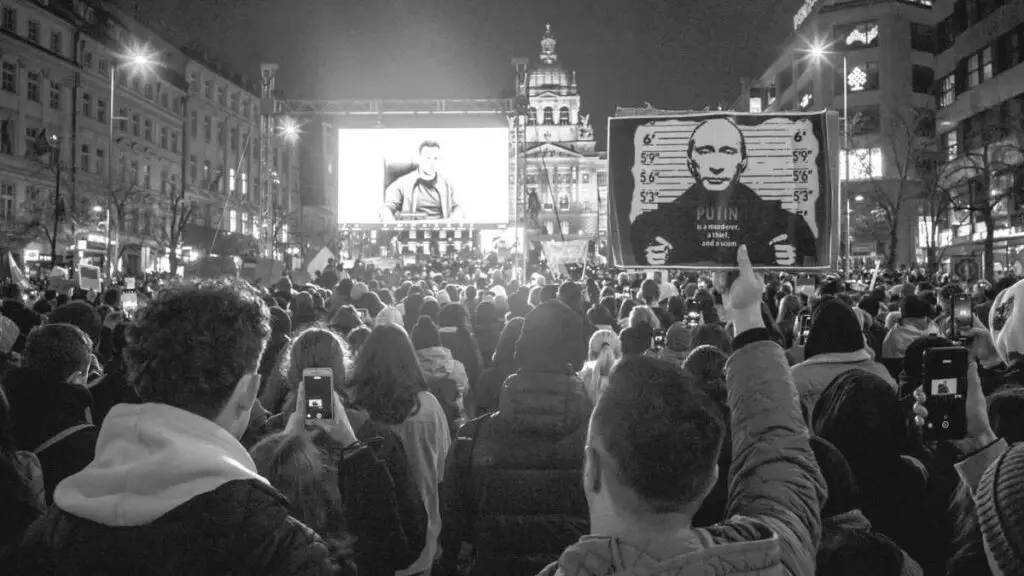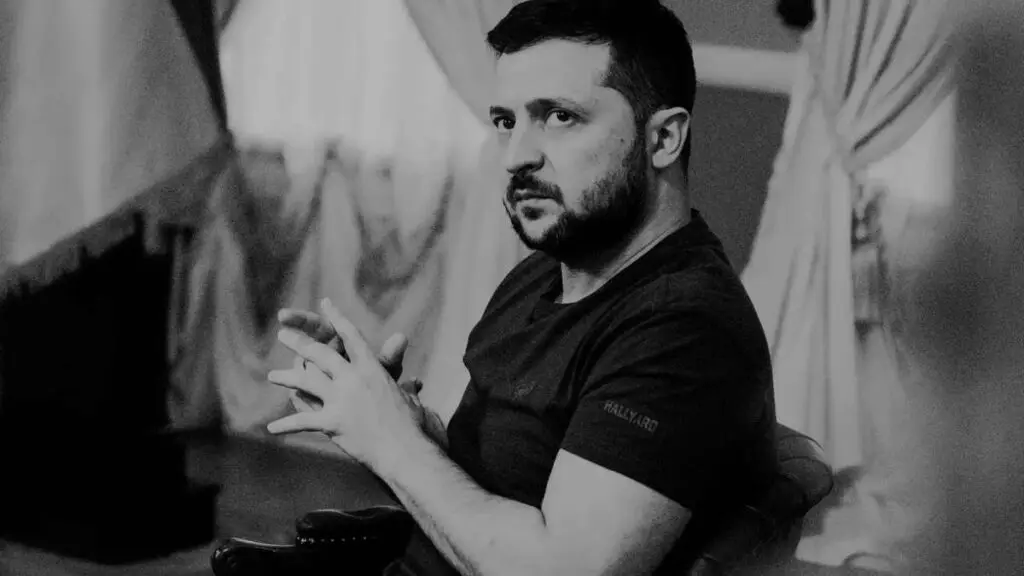By Geoffrey Cain
PRI’s The World
Apr 5, 2013
I’m now in Yangju, a mostly rural town about a 30 minute’s drive south of the demilitarized zone (DMZ) near the North Korea border.
On most days when visiting this region, the occasional army truck will pass by, or I’ll hear the sound of choppers flying near the Korean and American military bases not far from this area.
But today, despite the bluster, the forests and farms give off echoes of roosters crowing and dogs barking.
Over the years, plenty of Koreans have explained how they feel when the North drums up the militant rhetoric. It’s just a part of life, they usually say, and not as big of a deal here as it is in the American press.
Or, to make better sense of it: As a child growing up in Los Angeles, I lived through the 1994 Northridge earthquake. After the cataclysm, we heard all sorts of chatter about the coming “Big One,” an eventual tremor so massive that it would reshape the landscape of southern California.
Small earthquakes continue to rattle the region, but that does not lead Californians to spend their lives living in fear of the next “Big One.”
So it goes with North Korea. There’s always the looming threat of something bad happening, and it’s true that the country has launched quick and containable strikes in the past.
But Koreans don’t see the blunt talk of their northern neighbor as reason to panic, even if some of them are on edge.
The article was originally published in PRI’s The World
See Also:






